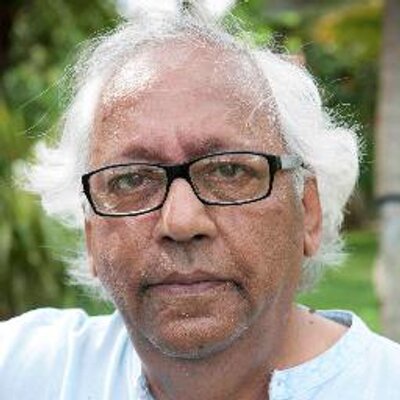Seventy plus years after Partition and the creation of Pakistan as a homeland for the Muslim minority of the Indian subcontinent, where are Pakistan’s minorities? Why is it that our governments are quick to react when Pakistan is placed on human rights watch lists – like those of the US State Department Countries of Particular Concern with respect to religious freedom – but we do not really do anything to change our society.
In a recent piece veteran journalist Irfan Hussain states that Pakistan needs “to take a hard look at our treatment of minorities” if we seek to “become a just society.” He notes that “as a Pakistani, I have been deeply ashamed of how our non-Muslim citizens have been steadily marginalised over the years.”

Even though the “state has a responsibility to protect all its citizens” yet with “sickening regularity, human rights organisations, including the Human Rights Commission of Pakistan, report incidents in which Christians, Hindus and Ahmadis have been targeted by extremist groups. Shias, specially the Hazaras, have been killed in large numbers. While the state may not have been complicit, it has created an environment of impunity by failing to arrest, try and punish those responsible for these murderous attacks. Mullahs incite mobs at regular intervals to torch churches and the homes of Christians. Hapless non-Muslims are regularly victimised under the blasphemy laws.”
Further, even though Pakistanis complain “of the growing Islamophobia in the West. But what our minorities suffer in Pakistan on a daily basis is far worse. There is discrimination against them in jobs, schools and society as a whole. Sanitary workers are considered sub-human, and have been unable to escape their untouchable status despite their conversion to Islam or Christianity. Mercifully, despite the regular terrorist attacks and uncovered plots, Muslims in the West are not subjected to this kind of mindless backlash. And as hate speech is a crime in many countries, victims can report incidents to the police. Here, non-Muslims stay as far away from the police as possible, knowing they can easily be accused of blasphemy as the charge does not carry the same burden of proof as other crimes do.”
Finally, Hussain argues that Pakistanis “tend to blame Gen Zia for the environment of fake piety that pervades the country. But the reality is that when we created a state in the name of religion, it was only a matter of time when the most extreme version of the faith dominated the public discourse. In this atmosphere of religious zeal, non-Muslims rapidly became second-class citizens, tolerated at best, and suspected of being anti-Pakistan at worst. Many liberal Pakistanis cling to the famous speech made by Mr Jinnah to the Constituent Assembly a few days before the creation of Pakistan. In his eloquent enunciation of the secular principle, he declared that non-Muslims would be guaranteed equal rights. But ask a student or a cleric what he thinks of the speech, and you will probably draw a blank. One reply is that if Mr Jinnah wanted a secular state, why did he insist on the partition of India? A fair point, and one difficult to refute. So when we are accused of ‘systematic, ongoing and egregious’ religious freedom violations, on what grounds do we protest our innocence? The state has a responsibility to protect all of its citizens, and not just Sunni Muslims. Time after time, those responsible for attacking non-Muslims have got off scot-free, encouraging others to pick these soft targets for persecution and mayhem. In all this, the police are usually silent witnesses. Mullahs are hardly ever prosecuted for provoking mobs, and non-Muslim villagers live in fear.”
![]()





